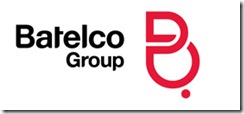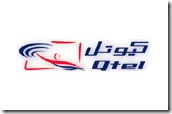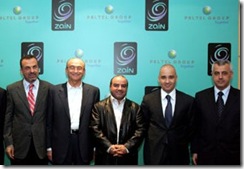Batelco Group achieved its highest ever annual net profit of BD105 millon (US$278.5 million), on the back of record gross revenues across its seven operations of BD346.9 million, a nine per cent increase year-on-year. Its net revenues grew by eight per cent to BD268.7 million, with earnings per share remaining steady at 72.9 fils, in comparison to 72.4 fils a year earlier.
 The company rebranded in December with a new logo, in an effort to create a modern look that is relevant for customers today and in the future
The company rebranded in December with a new logo, in an effort to create a modern look that is relevant for customers today and in the future
Group chairman Shaikh Hamad bin Abdulla Al Khalifa said the company’s strategy to offer a full range of communication services to customers in Bahrain, as well as growing in its regional markets – Jordan, Egypt, Kuwait, Yemen, Saudi Arabia and India – were the company’s main success factors in 2009.
“We have maintained our market leadership in Bahrain, continued to grow across the Middle East region and got off to a successful start in India, despite the highest competitive intensity in every market in which we operate,” commented Shaikh Hamad.
The Bahrain-based operator’s expansion strategy resulted in more than 5.1 million mobile subscribers, a 19 per cent year-on-year increase, and 200,000 broadband customers.
Group CEO Peter Kaliaropoulos said the company managed its costs carefully and delivered record EBITDA of BD153 million. Batelco’s overseas operations contributed 31 per cent of gross revenues and 22 per cent of EBITDA. Kaliaropoulos added that all Batelco’s business operations delivered within business plan expectations for the year.
Batelco’s latest mobile venture, STel in India, launched at the beginning of December and has since garnered a subscriber base of 450,000 customers.
“We also launched, together with Atheeb, our new broadband and voice services in Saudi Arabia under the GO brand, the first company to offer very credible 4G services and challenge the incumbent operator,” Kaliaropoulos stated.
Batelco’s Jordan mobile operation Umniah now has a market share year-end of 27 per cent, with 1.65 million GSM subscribers, 9,000 WiMAX customers and 9,000 ADSL lines.
However, Bahrain remains the most important market for the group. Active mobile subscribers reached 822,000, broadband crossed 85,000 customers and there were 200,000 fixed lines as of the end of 2009.






